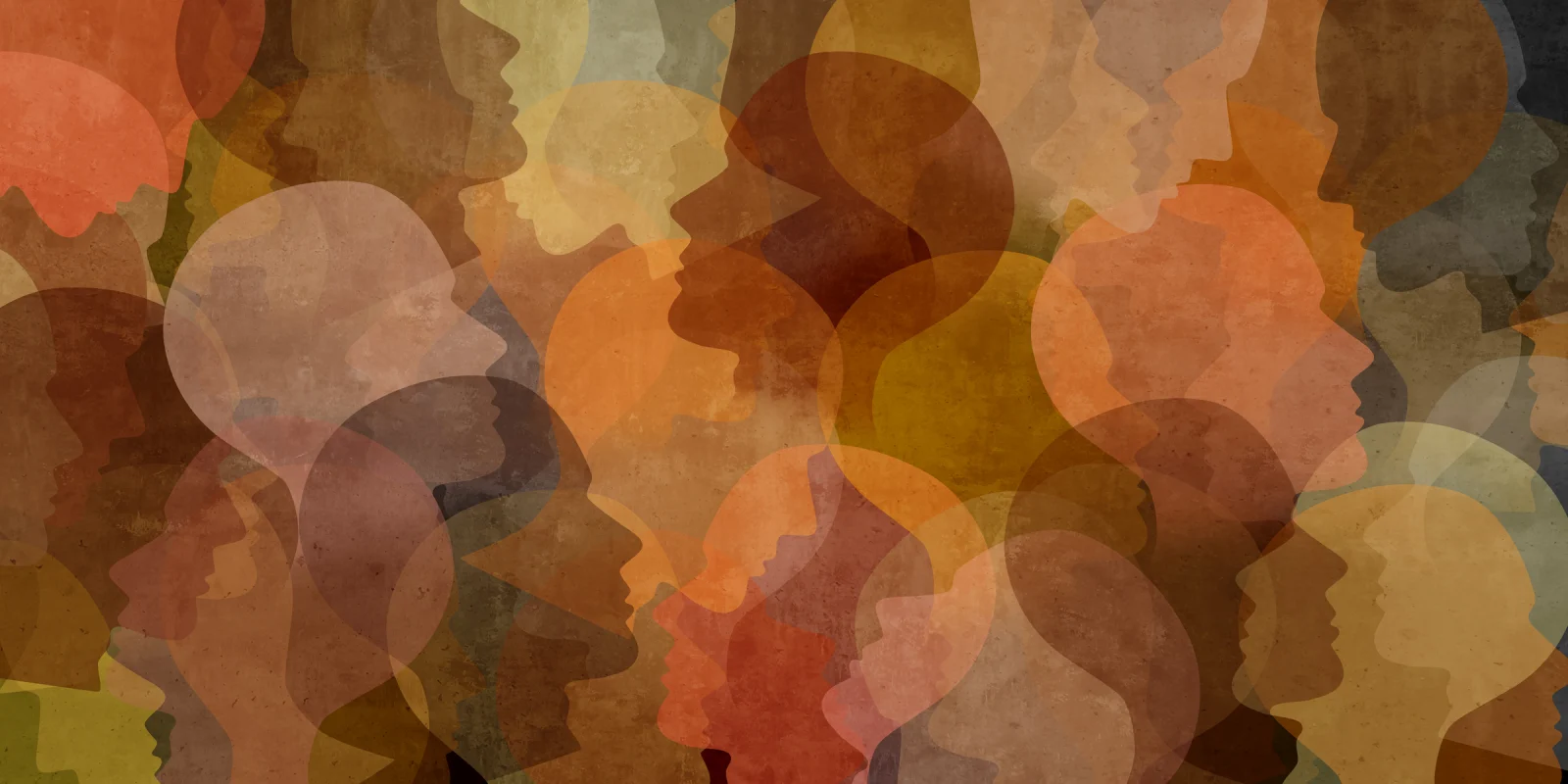The American Psychiatric Association (APA) convened an in-person scientific meeting for the first time since 2019 during its annual meeting, May 21–25, 2022, in New Orleans. Everything and nothing has changed since the APA’s last in-person meeting. The meeting, like most large gatherings, evoked feelings of anxiety and excitement — anxious about the risk of a COVID-19 infection but excited to reunite with old friends while expanding my knowledge base. The vaccinated crowd of masked and unmasked attendees gathered because of, and in support of, the APA’s vision to advance mental health as part of general health and well-being.
Established 178 years ago, the APA is one of the oldest medical organizations in the United States, representing approximately 38,000 members. It is the largest psychiatric organization in the world. Like other health care-related organizations, the APA has been challenged by systemic racism within its organization and by the experience of members seeking to promote equitable health care access for individuals living with mental health disorders. In 2020, after the public murder of George Floyd, over nine minutes and 46 seconds witnessed by millions around the world, past APA President Dr. Jeffrey Geller established the Board of Trustees Task Force. He said, “The history of the APA, going back to its very roots in the 1700s, is scarred with structural racism and racist ideas. While efforts have occurred over the years to rectify this problem, particularly by Black psychiatrists, as a field and organization, we still have a very long way to go. I believe, at this moment, when all Americans are seeing the murders and trauma of many Black Americans — as well as an upswell of activism and change — we hope all our members will work with the task force to bring about actions that will make a difference for our organization and field with positive ripple effects far beyond.” The organization pledged to never again actively ignore or demonstrate indifference to the impact of systemic racism. The APA CEO — and medical director — Dr. Saul Levin, said, “I am committed to ensuring that this task force, coupled with actions by our entire membership and administration, helps us dismantle the systemic racism that impacts so many of our colleagues and the patients we serve.”
Systemic racism, a social determinant of health, is one of many environmental conditions where people are born, live, learn, work, play, worship, and age. The social determinants of health affect a wide range of health, functioning, and quality-of-life outcomes and risks. These non-biological factors influencing mental health are collectively known as the Social Determinants of Mental Health (SDMH). Immediate Past APA President, Dr. Vivian Pender, increased awareness of SDMH by forming a task force to “produce tools for action — specifically programs — and policy aimed at improving the well-being of patients, the public, and psychiatrists.” The theme of her presidential year, in Dr. Pender’s words, is “to re-conceptualize mental illness and rethink the best approaches to helping patients and the disparities they face.”
The program’s theme was a culmination of the APA’s intentional shift to preventing mental health disorders. During her Presidential address, Dr. Pender stated, “It’s been said that your zip code or the color of the skin has the potential to influence your general health, but it’s also clear that not enough attention is paid to how these factors influence your mental health, both negatively and positively.” She added, “Mental health does not occur in a vacuum, and our models of mental health should similarly not ignore evidence of actors that affect our patients- such as racism, violence, migration, neighborhood, and climate change.” Dr. Pender made powerful statements about New Orleans, a city equally known as the birthplace of jazz and a shining example of racial disparities and community resiliencel. While there was not a single event like Hurricane Katrina but a series of internal and external challenges, the APA is rebuilding as an organization and a more outspoken advocate for disease prevention, equity and inclusion, and anti-racism.
Twitter user @braindrum commented about a “very engaging workshop by the Race & Clinical Ethics, psychologically safe & deeply insightful clinical, educational, organizational & leadership conversations. New collaborations.” Throughout the educational sessions, collaboration and innovation were emphasized. APA President Dr. Rebecca Brendel emphasized APA’s ongoing commitment to change with a call to action to “ensure that APA and psychiatry are not just part of the conversation, but drivers of information and treatment of mental health and substance use disorders.” Dr. Brendel added, “We must fight against racism, discrimination, and hate as toxic to health, psychological well-being, and humanity itself.”
One day after Dr. Brendel’s moving address, there was breaking news of another mass shooting in Uvalde, TX, where an 18-year-old man killed 19 children and two teachers, just days after a man with ties to white supremacists live-streamed the murder of 10 people. The discussions pivoted to now too familiar conversations about limiting access to firearms for individuals who lack capacity or demonstrate a high risk to themselves or others, widespread gun violence, and the lack of trauma-informed care. There was almost unanimous agreement that America has a gun problem, but America also has an apathy problem.
We, as a nation, have accepted the loss of countless lives to gun violence. We have offered thoughts and prayers yet have neglected to take real action. As Dr. Brendel stated, “There is no greater opportunity to lead and to succeed than in this time of unprecedented need for mental health care and resources. We have to work hard, we have to focus, and we have to be innovative and creative. But there is no more urgent time to rise to the challenge than now.” James Baldwin said, “People can cry much easier than they can change. During this COVID-19 and mental health pandemics, the APA must act as an organization to lead a nation to advance beyond discussion and tears to action. We must end the stigma related to mental health disorders, increase access to mental health treatment, enforce the Mental Health Parity and Addiction Equity Act, and address the endemic of racism, intolerance, and widespread apathy that allows us to ignore the negative impact of widespread gun violence, trauma, and systemic racism.
Dr. Hart is employed by the Department of Justice Bureau of Prisons and has no conflicts of interest to report.
Image by Lightspring / Shutterstock







